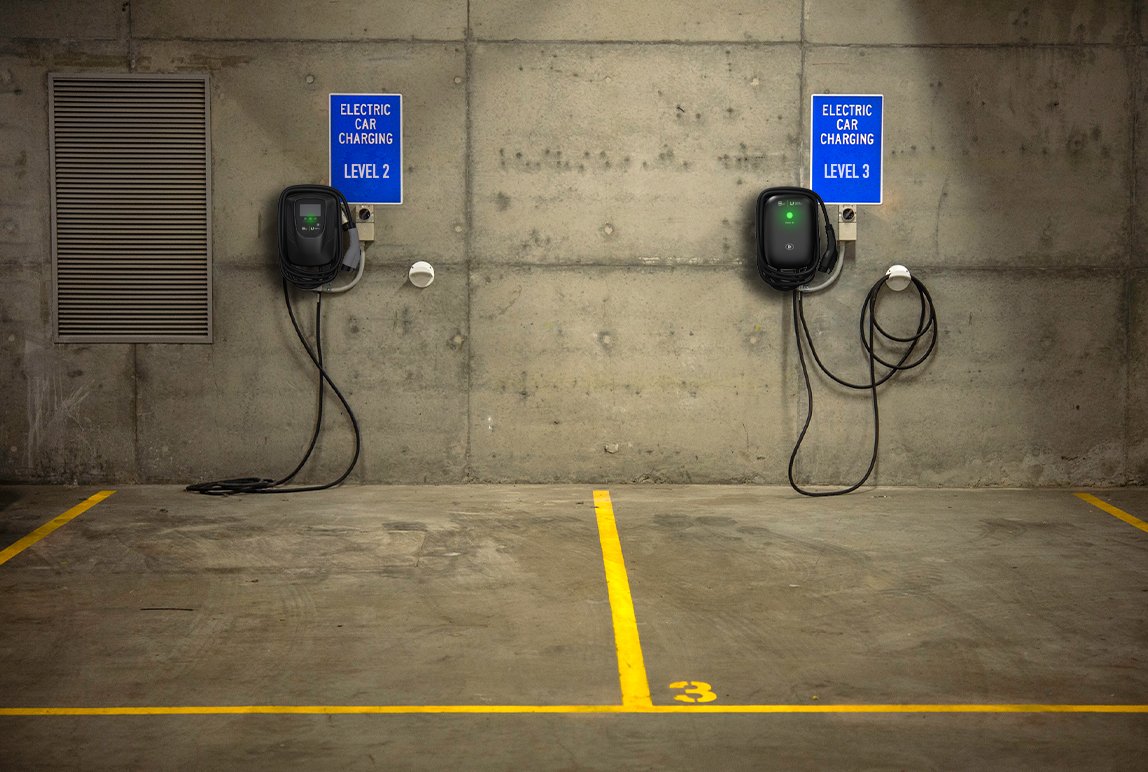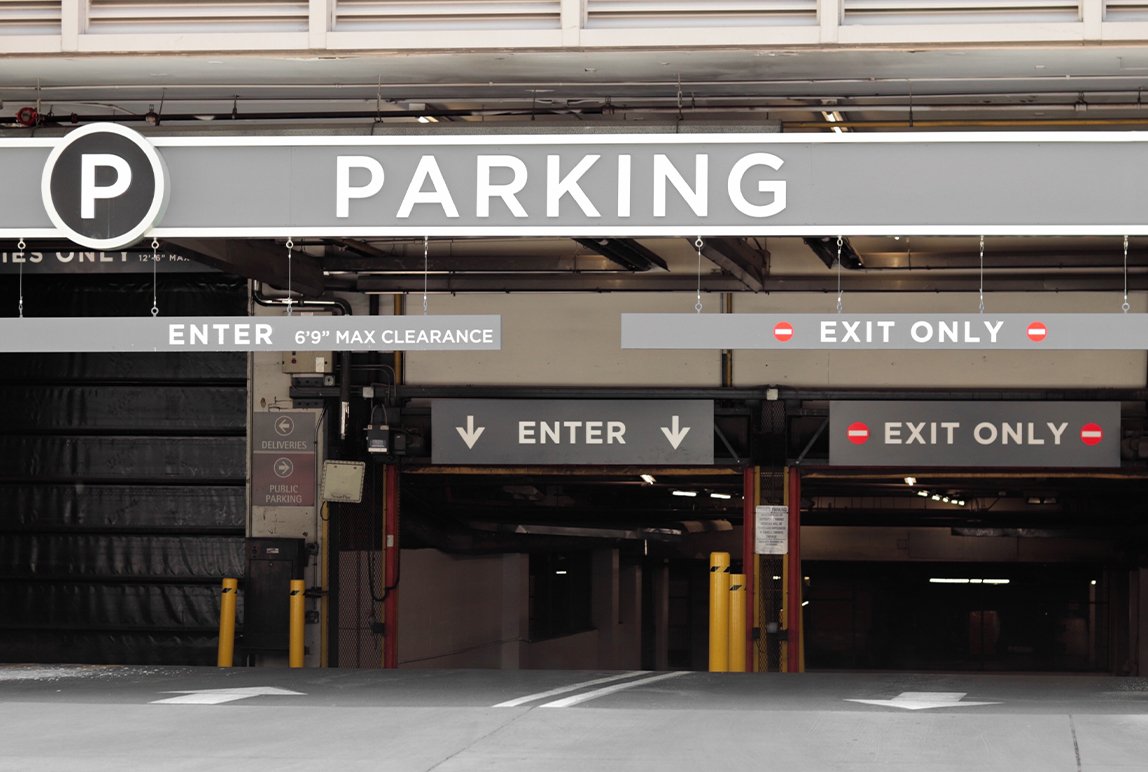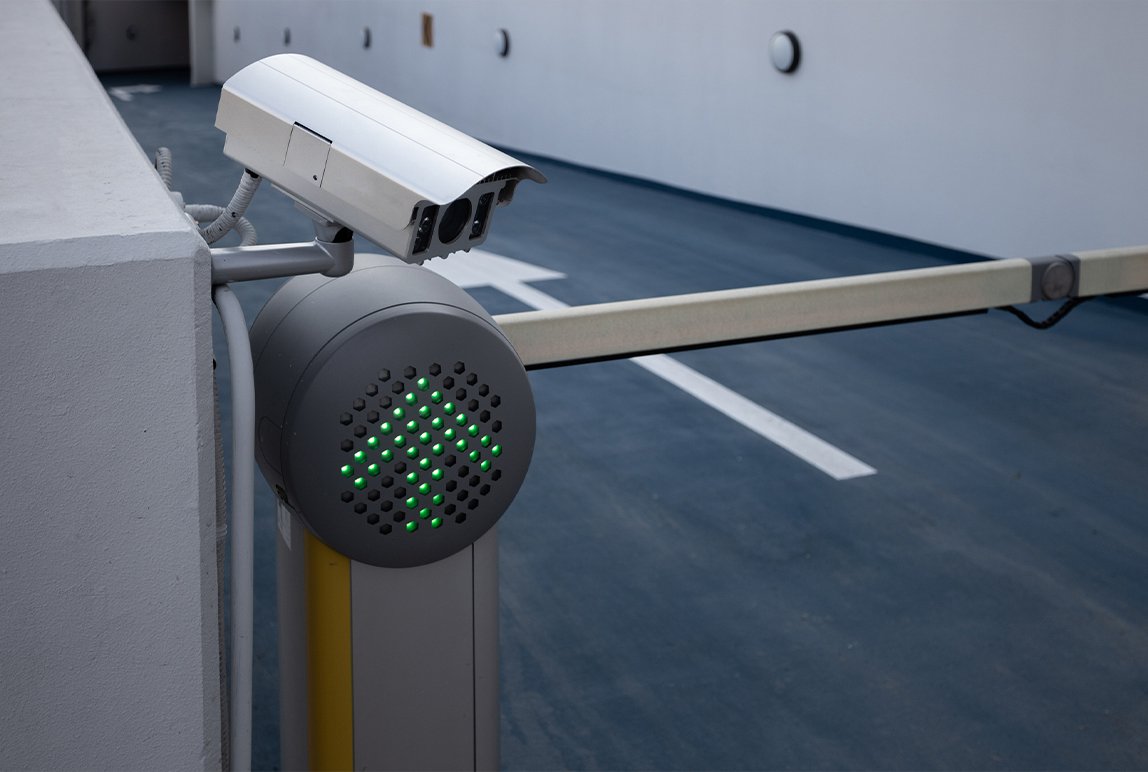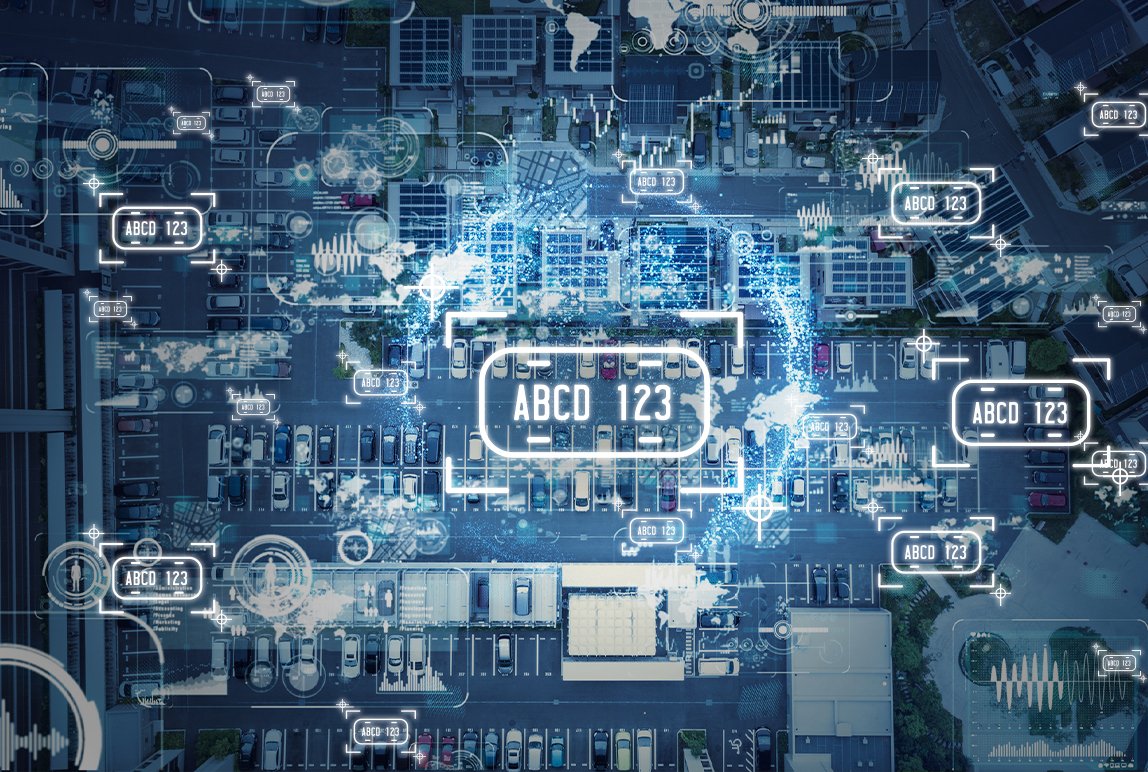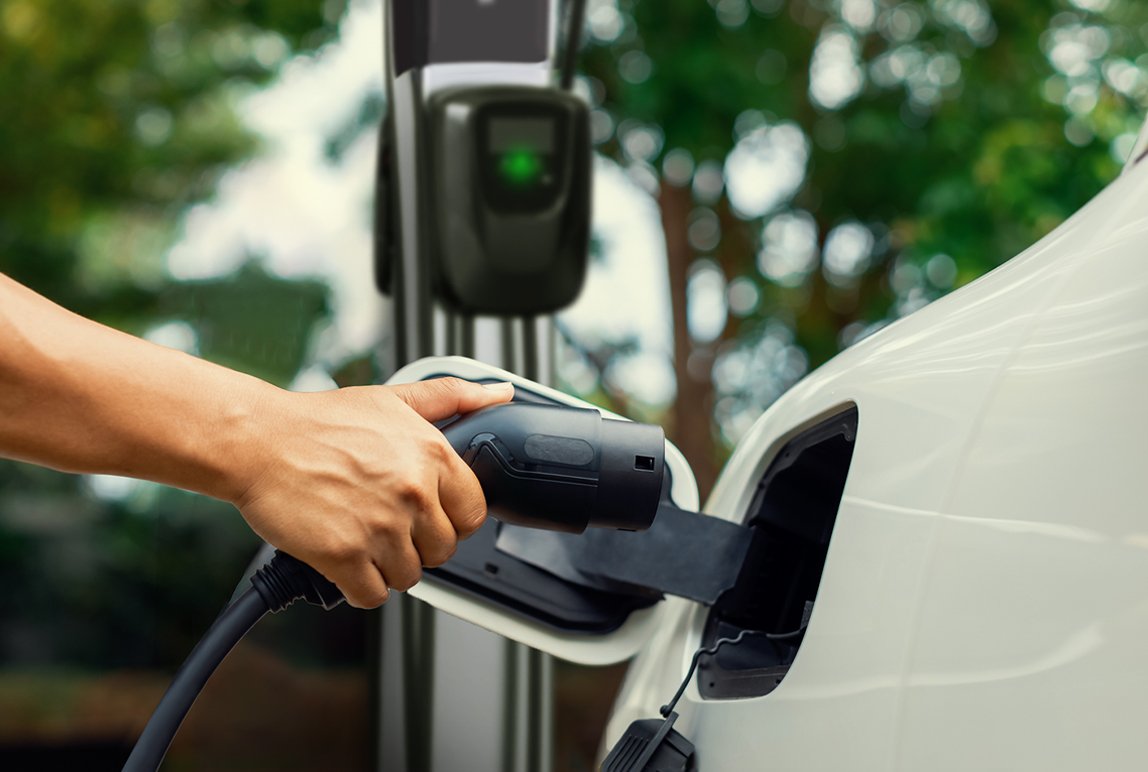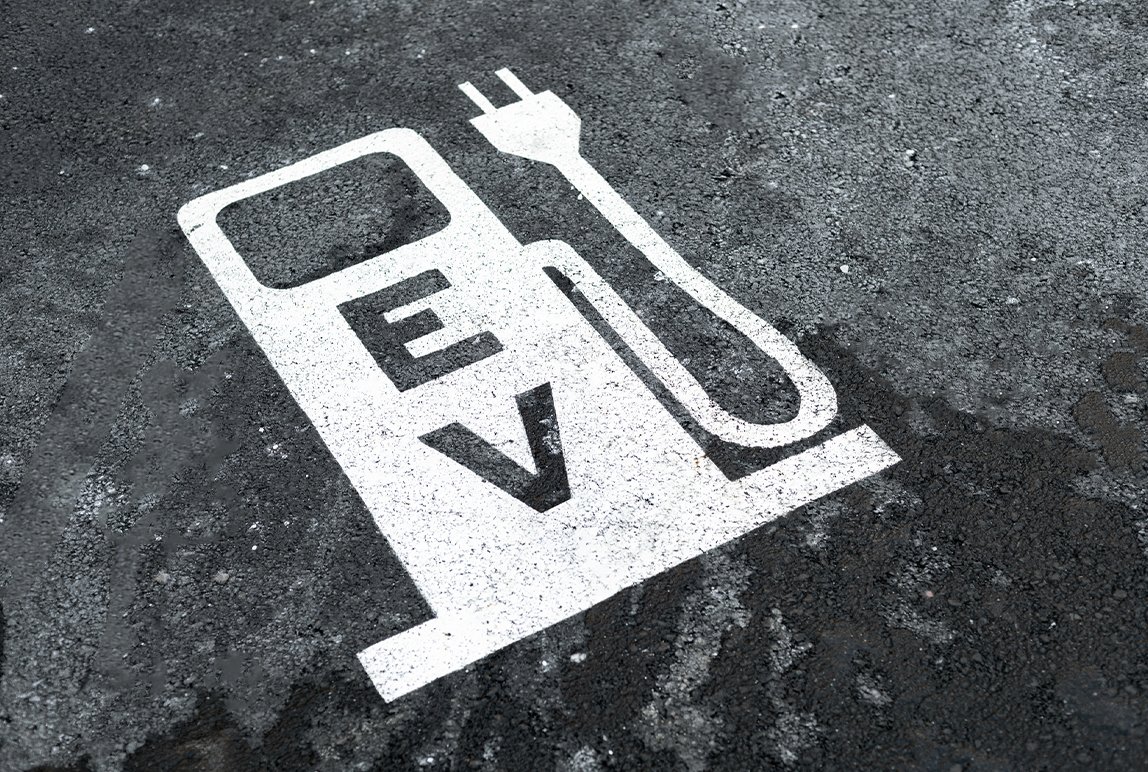EV Insights: Finding the Right Electric Vehicle Charging Station for Your Parking Operation
Posted: Sep, 24, 2024 10:32AM ET • 6 min read
Now more than ever parking facility managers and owners must invest in the right electric vehicle charging stations for their parking operations to attract and retain electric vehicle (EV) drivers and maximize occupancy levels. Understanding the different types of electric vehicle charging stations can help parking facility owners and managers choose the most suitable option to meet their customers’ needs and enhance their overall service offerings.
Below are the three levels of electric vehicle charging stations to consider when developing your EV infrastructure plan.
Level 1 Electric Vehicle Charging Stations
Level 1 charging is the most basic form of electric vehicle charging and uses a standard 120-volt household outlet. Electric vehicle charging stations that offer level 1 charging are typically the slowest, providing approximately 8 kilometres of range per hour, taking between 8 to 30 hours to recharge an EV battery fully. This makes level 1 chargers ideal for locations where vehicles are parked for long periods and low traffic turnover volume, such as residential areas, workplaces, or overnight parking facilities. For parking facility managers and owners, installing level 1 electric vehicle charging stations can be a cost-effective solution for long-term parking spaces where fast charging is not required.
Level 2 Electric Vehicle Charging Stations
Level 2 electric vehicle charging stations significantly upgrade charging speed compared to level 1 chargers. Operating on a 240-volt outlet, these chargers can deliver 50 kilometres of range per hour, taking 4 to 10 hours to charge an EV battery fully. Level 2 charging stations are best placed in commercial settings, public parking lots, and shopping centers, where vehicles are parked for shorter periods. For parking facilities looking to provide a faster charging option, level 2 electric vehicle charging stations offer a good balance between cost and charging speed, making them ideal for locations with moderate turnover rates.
DC Fast Charging Stations
DC Fast Charging stations, also known as Level 3 chargers, offer the fastest charging speeds currently available. These electric vehicle charging stations use direct current (DC) to charge an EV’s battery directly, bypassing the onboard charger and allowing for significantly faster charging. Depending on the power output, DC Fast Chargers can provide up to 80% charge in as little as 20 to 30 minutes. These stations are perfect for highway rest stops, gas stations, and high-traffic urban areas where drivers need to recharge quickly and get back on the road. However, DC Fast Charging stations’ higher installation and operational costs make them best suited for locations with high demand and frequent usage.
The Future of Electric Vehicle Charging Stations: Wireless EV Charging
As technology advances, the future of electric vehicle charging stations is moving towards wireless EV charging. This innovative technology allows for energy transfer without needing physical connectors, using electromagnetic fields to charge EVs parking over a charging pad. Wireless EV charging offers several benefits, including increased driver convenience and reduced wear and tear on charging equipment. While still in the early stages of deployment, this technology has the potential to revolutionize how EVs are charged, especially in urban environments where space is limited and ease of use is paramount. Investing in wireless EV charging in the future could provide a competitive edge, offering a seamless and innovative charging solution that enhances the customer experience.
Several factors need to be considered when investing in electric vehicle charging stations for your parking operation. These include the typical duration a vehicle stays, the expected volume of EV traffic, the available power infrastructure, and your budget. Investing in the right technology is essential for parking organizations looking to support the growing number of EV drivers. By understanding the differences between Level 1, Level 2, and DC Fast Charging stations, parking facility managers and owners can make informed decisions that align with their operational goals and customer needs. As the EV market continues to expand, handling the right charging infrastructure will be key to staying competitive and providing excellent customer service.
References:
Electric vehicle charging guide. ChargeHub. (n.d.). https://chargehub.com/en/electric-car-charging-guide.html
Quiroz, A. (2022, May 30). Different types of electric vehicle charging systems. Intellimeter Blog. https://blog.intellimeter.com/different-types-of-electric-vehicle-charging-systems
Gouvernement du Canada. (2024a, June 19). Electric vehicle charging. Natural Resources Canada. https://natural-resources.canada.ca/energy-efficiency/transportation-alternative-fuels/electric-vehicle-charging/25049
Share Article:
Featured Articles
ABOUT THE AUTHOR
Andrew Sgorlon
Technical Sales Support Manager
Andrew has more than 17 years of experience with automated parking solutions, being involved with the fist automated PARCS installed by Precise ParkLink in 2000. Andrew is one of Precise ParkLnk’s SMEs on all Precise ParkLink products and services. As the Greater Toronto Airports Authority’s (GTAA) Senior Account Manager (since 2011), Andrew has been instrumental in Precise ParkLink’s on-going operational support at Toronto Pearson. In this capacity, he supports Precise ParkLink’s onsite staff and is the sales/equipment representative at all GTAA parking operations meetings. Andrew is also the lead account manager for University of Toronto, Centennial College, and Durham College. Technology and automation are Andrew's work passion; he continuously looks for ways to improve and evolve the PARCS industry.
Questions?
Fill out the form below and we will do our best to connect you with a suitable contact.

